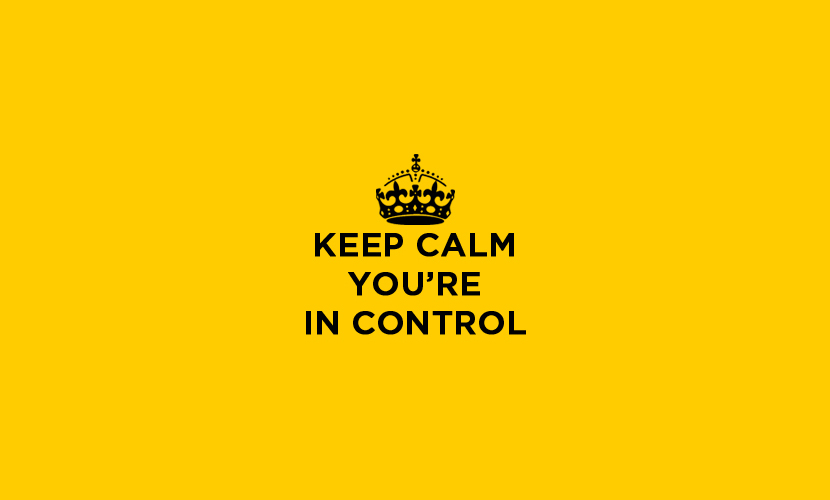“Consumers control the brand. Marketers do not." It's been the manifesto of social media aficionados for years, but in my opinion, the concept is something contrived as an attempt to validate social media and social media “experts'" position in the marketing landscape. And for the most-part people seem to be buying it.
It's time we stop confusing “listening" and “interacting" with control. It's ludicrous to think that consumers control the brand simply because they can say and publish whatever they want and feel about a brand online.
As a steady follower of marketing blogs, Tweeters, and LinkedIn groups, everyday I am come across this regurgitated myth about consumers and the concept of “control." As a person who spends a large percentage of my time with the decision makers of various companies, I can tell you with absolute certainty that companies are firmly in control of the brand, not consumers.
While consumers can marginally influence the brand message, brands still decide their mission, position, values, and promise. Brands decide who they employ to deliver their promise. Brands set the tone, feeling, and emotions that they want to express. Brands controls their processes to build and deliver their products. And brands determine the marketing and pricing strategies to engage and sell to customers. In other words, brands are in complete control of their own destiny.
Lose your illusion.
If you disagree, allow me to bring up just a few of the decade's biggest corporate blunders. BP's oil disaster, Bridgestone's tire debacle, Domino's Pizza YouTube scandal, automaker bankruptcy bailouts, Apple's iPhone 4 antennae issue, and Shell's recent corporate hijacking.
We can also look to celebrity brand disasters like Janet Jackson's wardrobe malfunction, Michael Vick's dogfighting conviction, and Tiger Woods' marital indiscretions.
In any of these instances, were consumers ever in the driver seat at any point in time, or were they merely able to communicate how they felt about the brands?
All that social media has given to consumers is the illusion of control; and it's the social media “experts" that perpetuate this illusion. Social media is a platform to express your feelings in text, audio, and video. In real time. That is all. Nothing more.
Yes, consumers now have a very publicly visible voice and brands are listening like never before; but I have to ask, has social media fundamentally changed any of these brands and what they stand for? Not at all. All social media has changed is the way the brands interact with consumers. The brands of BP, Bridgestone, Domino's, GM, Apple, Shell, Janet Jackson, Michael Vick, and Tiger Woods are still alive and well, and at their core, they are the exact same. They may be better at communicating, but they have not surrendered control of the brand over to consumers.
Follow the Lego brick road.
Lego is known for saying that, “we own the logo, but our consumer's own the brand." Without being too cynical, I'd like to know the last time Lego (or any other company for that matter) told their CMO that they no longer report to the CEO, and that instead they now report to the customers?
If the day comes when consumers truly own the brands, you'll see a lot more than customer service replies on Twitter or conversations with disgruntled customers on Facebook.
Sure, brands are listening like never before. Sure, brands are interacting with consumers like never before. Sure, consumers can now hear what the products and services are actually like by asking their peers or by scoping out consumer reviews online. But, until brands engage consumers on every level of decision making such as business strategy, product development, operations systems, marketing tactics, and HR programs, the true control of the brand lies in the same place it always has…with the brand.


